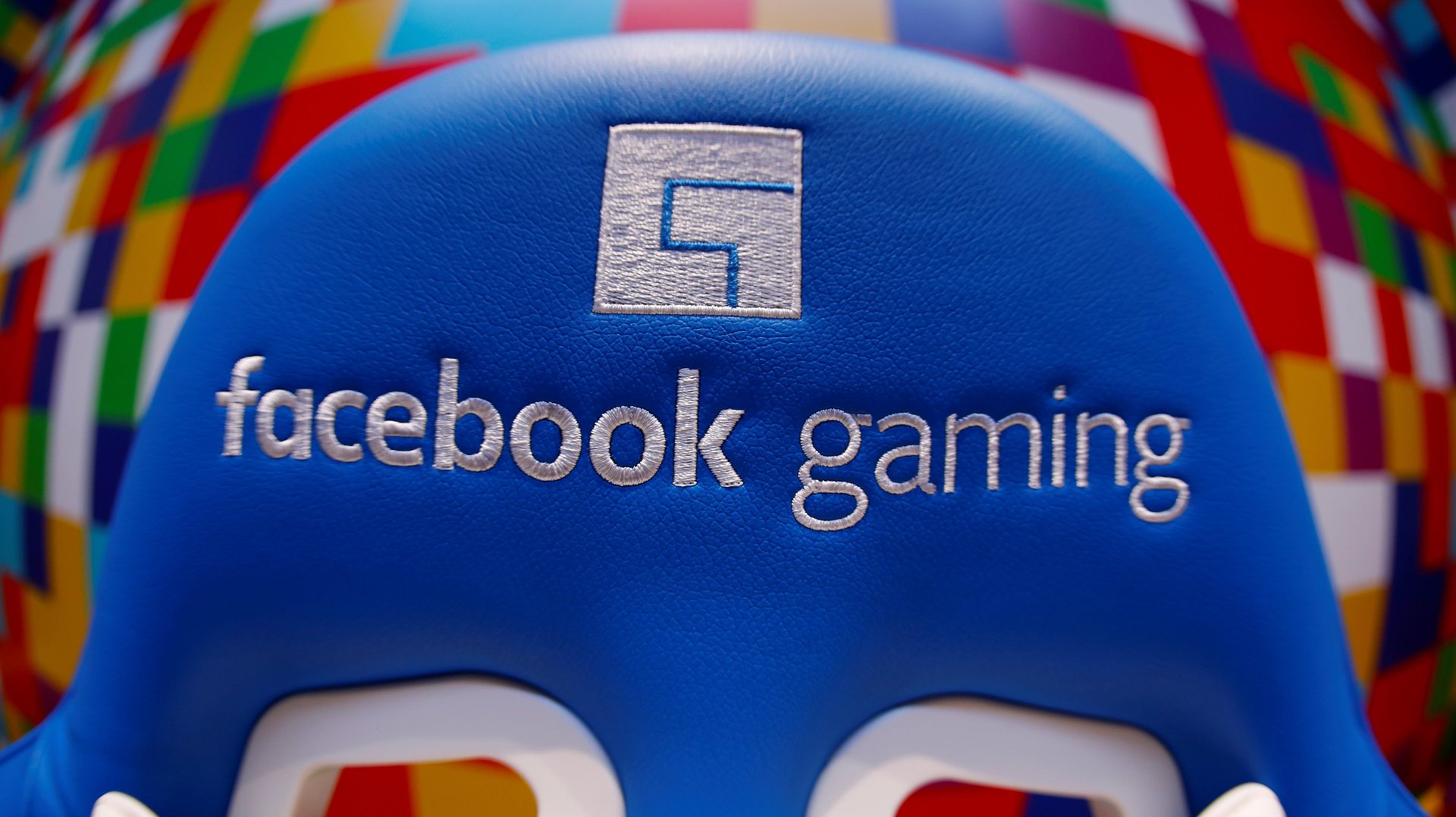Facebook thinks it has the key to winning Big Tech’s cloud gaming wars
Cloud gaming lets you play video games without them using up any space or battery life on your devices. Big Tech firms think that has enormous potential to grow their access to consumers, but none have thus far unlocked it.


Cloud gaming lets you play video games without them using up any space or battery life on your devices. Big Tech firms think that has enormous potential to grow their access to consumers, but none have thus far unlocked it.
Facebook is the latest company to try, and yesterday announced it is launching cloud-streamed games for its app and web browsers. Most are versions of existing mobile games, and all will be free to play. That’s very different from the cloud gaming strategy of Google, Microsoft, and, soon, Amazon, which each offer versions of major video games (think Red Dead Redemption or Assassin’s Creed) for purchase through a monthly subscription.
With its entry into the cloud gaming arena, Facebook is positing its competitors’ offerings are way too elaborate and expensive.
“We’re not going to overpromise and under-deliver,” Jason Rubin, Facebook’s vice president of play, wrote in a blog post, referencing the rocky launch of Google’s Stadia cloud gaming service. “We’re not trying to replace your favorite gaming hardware.”
The main appeal of cloud gaming is users don’t have to download or install games, like they would on a console or PC. Instead, games are streamed to them, on devices they already own, from remote servers. The technology, when done right, enables you to play games in the same way you’d listen to music on Spotify or watch TV shows on Netflix.
But the tech is as wonky as it is costly, and much of the experience playing a cloud-streamed game still depends on the user’s own internet connection. Unlike streaming music or movies, games require users to send their own signals back to data centers, which must process and render them, and then send them back to players in realtime. There is ample opportunity for lagging and other connection issues.
Still, Big Tech is betting the future of gaming could be in the cloud. Eventually, if the infrastructure matures, and more users adopt the format, it could create a much more vivid gaming experience for players. Because all the computational power is happening outside your home, cloud-streamed games might, in theory, have more realistic graphics and let many more players interact in virtual worlds than what’s currently possible.
For Facebook, cloud gaming is both a short- and long-term play. Global consumers are increasingly spending more time playing video games. The more time they play cloud games, the more time they are spending on Facebook. And more user time on Facebook means more exposure to ads and, perhaps, new opportunities to collect data. Cloud gaming isn’t meant to be a new revenue stream for Facebook, but rather a way to boost existing ones.
That’s not necessarily true for Google, Microsoft, and Amazon, which want to collect a portion of revenue users spend on games they buy through those companies’ subscription cloud gaming services. A Google Stadia subscription costs $10 per month, while Microsoft xCloud is $15 a month. Amazon’s Luna service will cost $6 a month initially.
Adoption of these services has been slow, which Facebook would argue is because cloud game libraries are weak, and users aren’t looking to recreate the console experience anyway. The success of low-cost, accessible games like Among Us suggests there could be a massive opportunity in games that are cheap and easy to play with friends.
One wrinkle for these companies is that their cloud gaming services aren’t yet available on iOS devices. Apple does not allow its devices to include apps that act as third-party app stores and distribute their own software. Until Apple and the cloud gaming companies work that out, it puts a hard cap on the potential size of the player base.
Apple could be playing hardball with Facebook, Google, and Microsoft because it wants total control of the apps offered on its devices. Or maybe it’s because it wants to launch a cloud gaming service of its own. The company reportedly filed a patent for one earlier this year.